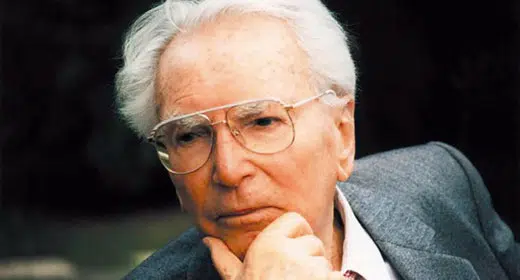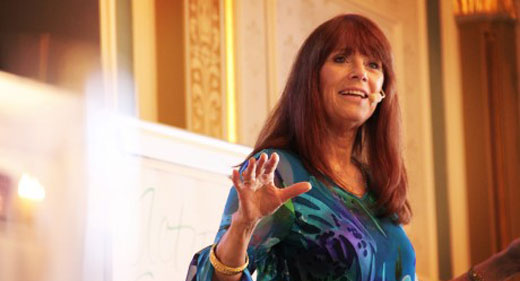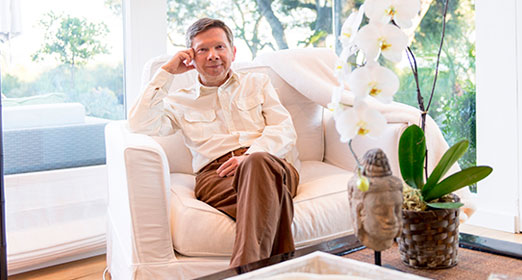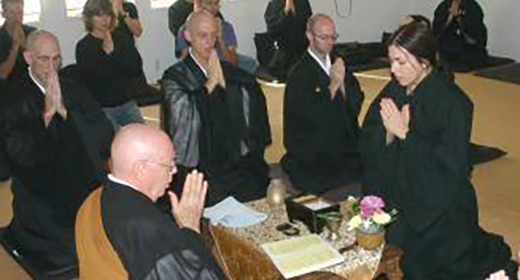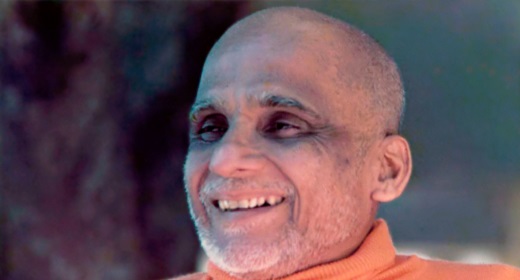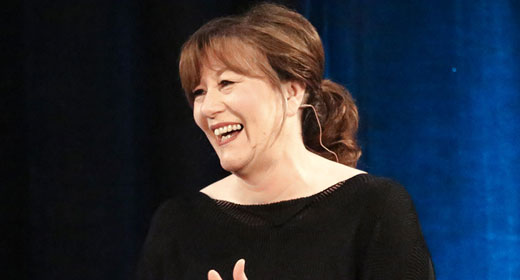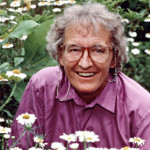by Meg Blackburn Losey, Ph.D.: Becoming Well: Band-Aids and Miracles. Healing has always been a great mystery, especially when a cure works for one person but perhaps not for another.
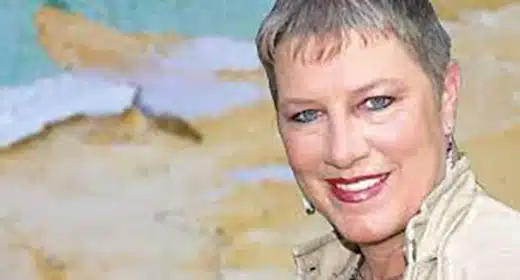 Part of the success or failure of any healing modality is how the recipient perceives and accepts the healing.
Part of the success or failure of any healing modality is how the recipient perceives and accepts the healing.
Let’s face it. Some of us believe unconditionally in being well, whole, and happy while others seem to be stuck in their misery. Some people use illness and pain as a way to get attention, while others see their illness as their identity. When these types of things are happening, it becomes difficult to change the situation because the pain or illness has literally become part of the person’s belief system.
Think of it like this: When we become injured or ill, the first thing that happens is that we literally clamp down on the injury or illness. We hold our breath. We become tense. The reality of the moments sinks in, and then we become emotional. We embrace the symptoms as something we can’t help, and then we see the thing as controlling our lives — so it does. One minute we thought everything was fine, and the next minute we see ourselves as imperfect, sick, or injured.
Why Some People Heal and Others Don’t
How we approach and experience our illnesses and injuries has everything to do with the outcome. Early on I learned a very little thing that proved to be huge in my comprehension of healing. I realized that if I could treat an injury immediately after its occurrence, that injury would heal in record time; often, it would be as if it had never happened in the first place. As the emotions became involved, the injury became more ingrained and therefore a much more difficult experience to heal.
I came to realize how much our emotions are involved in our experiences of health and healing. When we tense and become afraid of what is happening to us, we literally condense the energy surrounding the situation. As the energy becomes denser, the possibilities of quick and full healing become less and less. The experience becomes our identity and, therefore, the reality that continues to be experienced.
Giving Up Your Pain
A simple example of this theory came one day in the form of a series of hornet stings that happened to a little boy at my friend’s home. He came in screaming, and it was quickly obvious that he had been stung multiple times all over his legs. Welts were rising, and his legs were already an angry red.
He was sitting on the floor screaming and crying in a lot of pain. He was feeling helpless, as children often do when they are injured. I quietly got down behind him and calmly talked to him. I told him that he didn’t need to keep those mean old stings and then I don’t know what possessed me, but I asked him to give the stings to me and assured him that they wouldn’t hurt me. His first reaction was to fight with me, to pull away in his fear. His second response was priceless.
The crying stuttered to a stop and he looked at me through his tears, his eyebrows raised as if to ask, “Are you for real?” I returned his gaze, and we shared a wordless moment of knowing together. He began to relax, and I began to pull the energy of the stings out of his small legs.
Letting Go: A Prerequisite to Getting Well
I asked the little guy to help me by letting go of the stings, and within minutes the stings were gone and he had forgotten all about his earlier misadventure with the hornets. He didn’t have a mark on him where before his legs had already turned an angry red and were swollen. Left untreated, the stings would have grown into painful itchy areas that would have lasted for days if not longer, damaging the tissue around the area of the stings.
This experience fascinated me and opened up a plethora of possibilities to consider in regard to how and why people get well.
Time and again, I witnessed similar situations where an injury occurred and then disappeared with immediate energy work. Instead of putting energy in, I pulled it out. The results were burns with no blisters, bumps and scrapes with no bruises or bleeding, and, later, tumors that began to grow then disappeared, and many other events just as amazing in their results in both simple and complex situations.
Fear and Emotion Affect the Possibility of Healing?
There it was, time and again, the body responding beautifully to healing, and I had to seriously consider what was being shown to me. I began to explore how fear and emotion dictated the outcome of physical circumstances. That led me to learn how the energy field, and then the physical body, responds to fear and emotion, which led me to begin to understand why some people are able to become well easily while others seem to struggle and some never get well at all. It all factors down to how we experience the initial information or event.
Fear and emotion are immense factors in times of injury and illness. The more quickly fear and other emotions enter the picture, the more difficult it can be to change the situation as a healer, but most of the time it is still possible.
Our reaction to our circumstances nearly always dictates the experience and its outcome. Yes, we have that much power in our own process.

